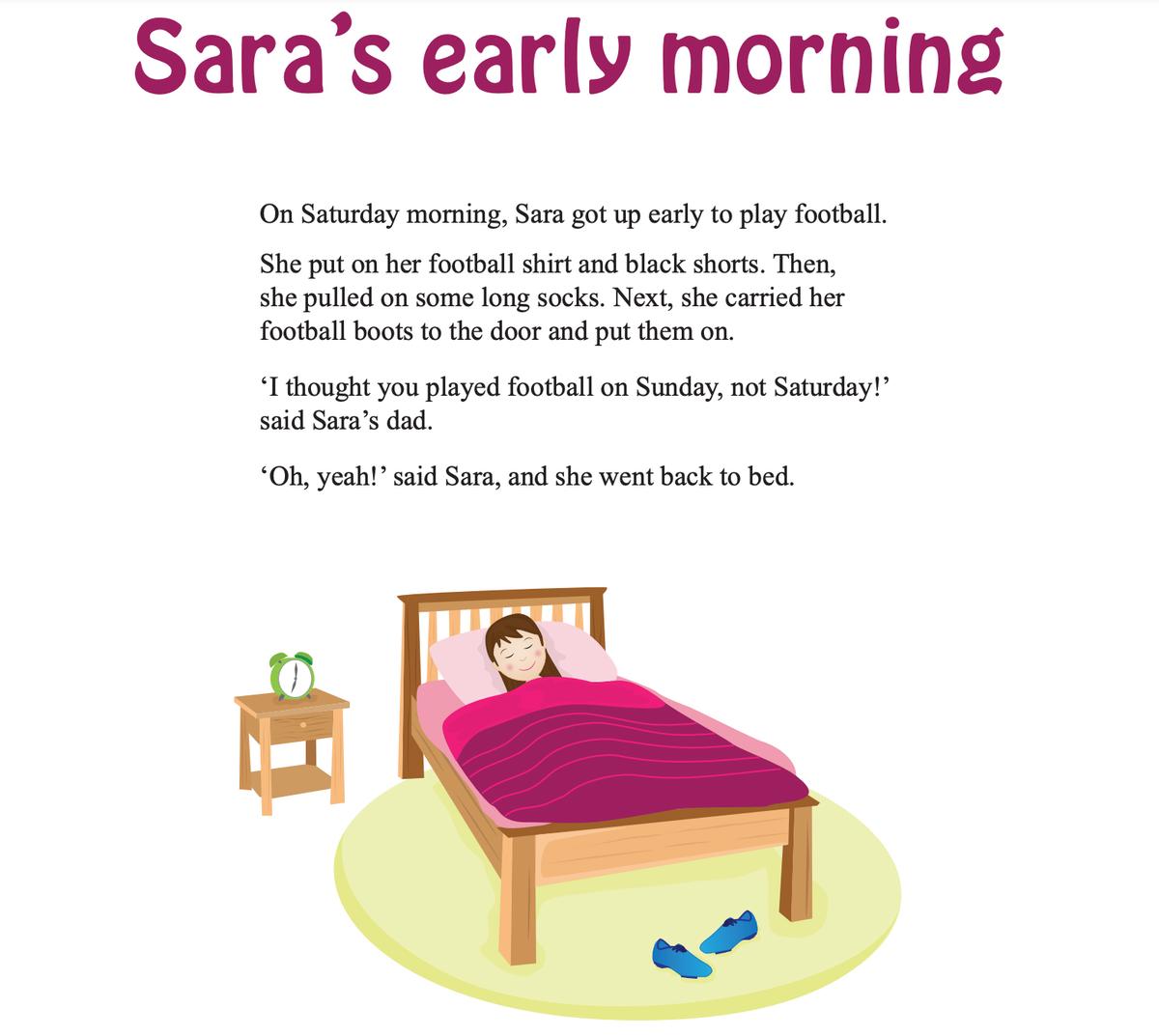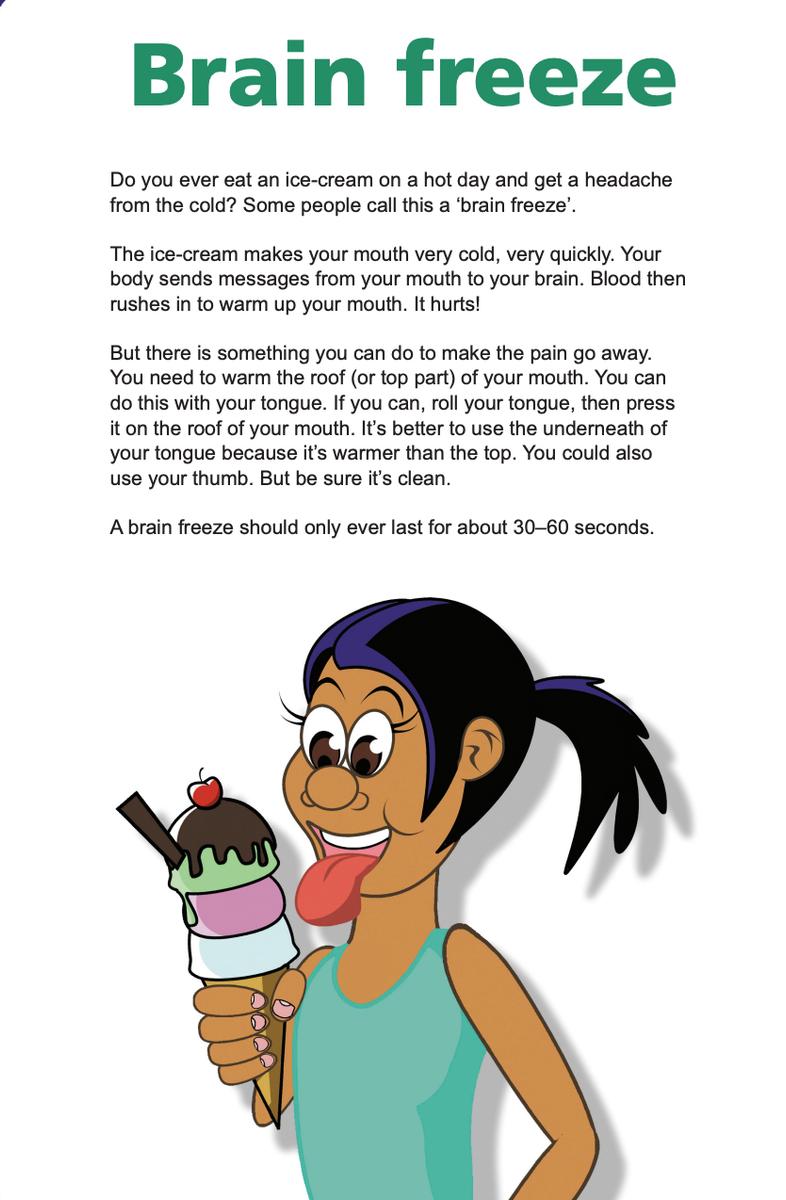English

This week we have just watched our Year Three and Five students complete their NAPLAN tests with absolute aplomb! We are very proud of all of their efforts!
Something that is touched on in these tests, and is worked on through all classrooms is Comprehension. This applies to our students when reading articles, websites, novels, poems, watching videos and much more. What does it mean though?
Comprehension at School
The Victorian Curriculum perspective on Comprehension can be found here, where it is acknowledged as an active and ever changing process.
'Comprehension means understanding a text, whether it is spoken, written and/or visual.'
Further, Dr Deslea Konza explains that comprehension is the 'ultimate goal' of reading.' More of Dr Konza's ideas can be found here. With reading comprehension the goal is for students to be able to access a variety of information in what they read, as well as draw conclusions, opinions and connections to what they already know and feel.
In a school context Comprehension is usually broken down into three areas, which can sometimes be called different things, but represent the groups of skills. The three areas are below:
Literal Comprehension
This is the simplest level of comprehension and what is first taught when students start to read. It involves locating specific information that is stated directly to the reader. Another way to consider this might be retrieving information that is shared. Sometimes this is called 'explicit information'. Questions that demonstrate literal comprehension can be found below:
Who is this story about?
Why did she get up early?
What kind of socks did she pull on?
Inferential Comprehension
This is often referred to as 'between the lines' or 'implicit information'. This is information students may have to search to find, or apply logical predictions or guesses supported by evidence. This may also be a student using what they already know about a topic to think about how it is represented in the text. Questions that demonstrate inferential comprehension can be found below:
Why does the text say 'if you can' roll your tongue?
What does it mean when the text says 'but make sure it's clean'?
What are some of the words used to describe how a brain freeze feels?
Evaluative Comprehension
This is the final category of comprehension and one of the most challenging for students, or actually readers in general. It asks students to move beyond a text to their prior experiences or their existing opinions. This might also include identifying the purpose, opinion or bias of the author and how this is represented in their completed work. Young people are often skilled at sharing how they feel about something! Keeping this in mind though, evaluative comprehension requires students to validate their opinion, or explain why they feel this way. It may also require students to state specific evidence to why they have made a conclusion or connection. Questions that demonstrate evaluative comprehension can be found below:
Why do you think the author chose to make their main character an animal instead of a person?
Where do you think the Wolf might be leading Buck? Why do you think this?
If you were Buck, what might you be nervous about following a wolf?
Do you think a sled dog and wolf would get along in real life?
Comprehension in Practice
As I have spoken about before in this newsletter, comprehension is an awesome skill to practice at home, and not too difficult to do either! Speak to students about what they are watching, listening to, reading and drawing. Ask questions that promote a bit of thinking, and like in class, don't let students get away with one word answers! This is particularly effective if students are discussing what they are passionate about.
As always please let me know if there are any questions about our English programs here at school, but we look forward to more reading and discussion as the year goes on!
Tim O'Mahoney
English Leader
tomahoney@santglen.catholic.edu.au



